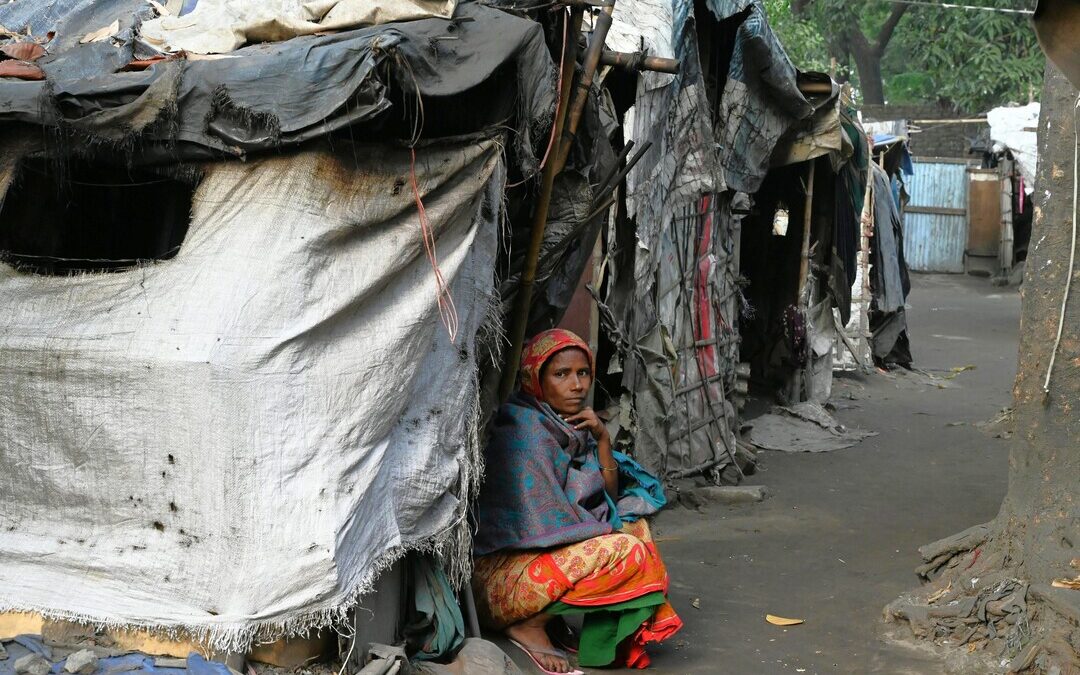ILO, USP2030 Launch Global Push to Expand Social Protection Coverage
Global partners set ambitious goal to boost social protection coverage in developing countries by 2% annually.
The International Labour Organization and the Global Partnership for Universal Social Protection, also known as USP2030, have unveiled a new global initiative aimed at expanding fiscal space and increasing social protection coverage.
According to a statement, the initiative aims for an annual growth of at least 2 percentage points in countries where such protections are not yet universal.
The initiative, announced during the 4th International Conference on Financing for Development, falls under the Sevilla Platform for Action. UN member states formally recognized the commitment in paragraph 27i of the conference’s outcome document.
Reversing Austerity and Protecting the Vulnerable
Jayati Ghosh, a professor of economics at the University of Massachusetts Amherst, stated during the event that securing a firm international commitment to expand social protection is a vital counterbalance to the austerity measures that threaten social spending globally.
ILO Director-General Gilbert F. Houngbo emphasized the urgency of the initiative, pointing out that 47.6 percent of the global population currently lacks any form of social protection.
“Don’t say this target is unachievable or too ambitious,” Houngbo said, noting that from 2015 to 2023, 42 mostly developing countries achieved similar annual growth in coverage.
Governments Call for Fairer Taxation, Debt Relief
South Africa’s minister in the presidency, Maropene Ramokgopa, and chair of the G20 Development Working Group, endorsed the target, describing social protection not as a cost but as an investment in human capital. She called for progressive taxation, efforts to curb illicit financial flows and sovereign debt restructuring to be central to funding expansion.
Wellington Dias, Brazil’s minister of state for social development, also backed the initiative. He highlighted the dual role of progressive taxation in financing social safety nets and reducing inequality. Dias cited President Luiz Inácio Lula da Silva’s Global Alliance Against Hunger and Poverty as a key mechanism for achieving the coverage goal.
A representative of Uzbekistan echoed support for the initiative, pointing to the UN Global Accelerator on Jobs and Social Protection for Just Transitions as a technical resource to support countries in expanding their fiscal space.
Mixed Reception from Civil Society
The International Trade Union Confederation also welcomed the goal. “Social protection is a vital pillar of our call for a New Social Contract,” said Giulia Massobrio, ITUC’s TUDCN Coordinator.
She added that combining social protection with labor reforms—including formalizing employment, raising wages, and investing in care work—was essential for achieving decent work for all.
However, the Global Coalition for Social Protection Floors expressed concern that the target is not ambitious enough to achieve universal coverage by 2030 and does not address the adequacy of benefits.
In response, the ILO’s Houngbo said the 2-percentage-point goal was a political minimum to anchor social protection in the FfD4 agenda but stressed that the agency’s country-level work goes far beyond the target to improve both coverage and benefit adequacy.
The ILO and USP2030 say the new initiative provides a structured path for countries to close social protection gaps while aligning with global financing and development goals. The effort comes amid growing concern over the erosion of public services in the face of fiscal tightening and economic shocks.
Also Read:
ILO Adopts Landmark Convention on Biological Hazards at Workplace
Nirmal Menon
Related posts

Subscribe
Error: Contact form not found.


